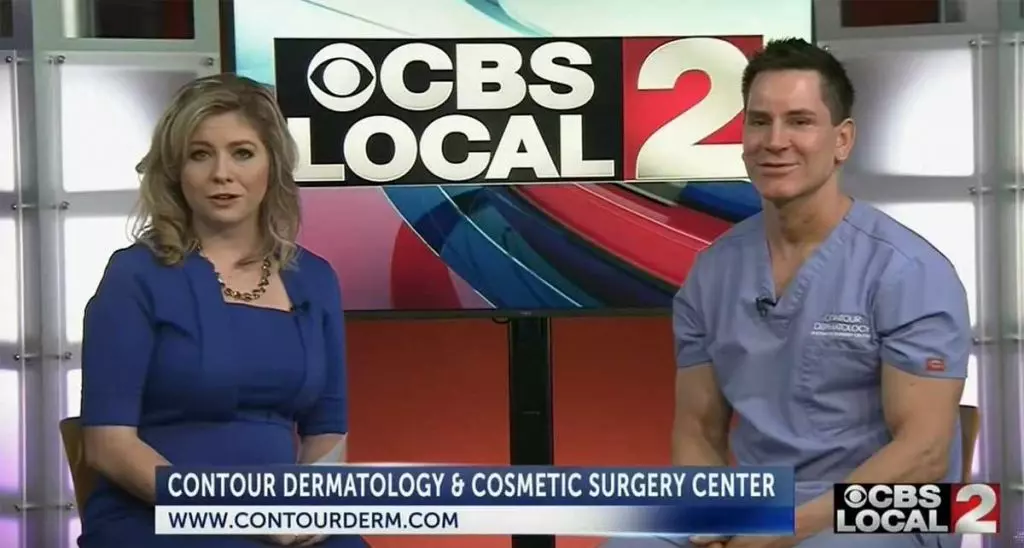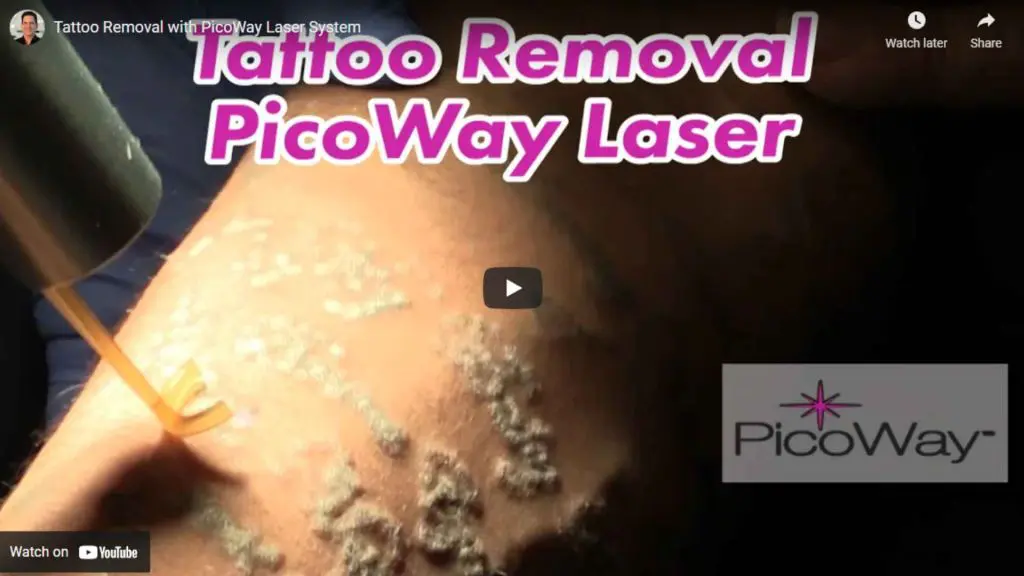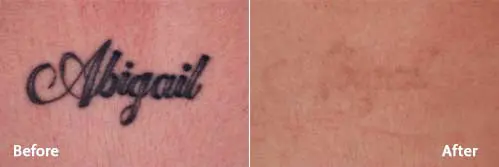Did Willow Smith, 11, Get Her Tongue Pierced?
By Sarah LeTrent, CNN
(CNN) — Will and Jada Pinkett Smith’s 11-year-old daughter, Willow, was recently given a tongue-lashing on social media after posting a picture of herself sporting a tongue piercing on Instagram.
Did Willow Smith, 11, Get Her Tongue Pierced?
(Photo credit: Willow Smith’s Facebook Page)
By Sarah LeTrent, CNN
(CNN) — Will and Jada Pinkett Smith’s 11-year-old daughter, Willow, was recently given a tongue-lashing on social media after posting a picture of herself sporting a tongue piercing on Instagram.
![]() Link to article: Fox 8 Cleveland, Did Willow Smith, 11, Get Her Tongue Pierced?
Link to article: Fox 8 Cleveland, Did Willow Smith, 11, Get Her Tongue Pierced?
asapniceee: “She is too young for such a provocative piercing. Why would her parents let her pierce her tongue?”
tiffaneybabeyy : “At your age, Willow, I don’t think a piercing should be on you, especially there.”
mariajx91: “Maybe you should stop rushing to grow up Willow. It looks trashy. You’re 11, and that doesn’t look good at any age to be honest. Hope it’s fake.”
Though she later revealed that it was in fact a fake, magnetic tongue ring, people were already whipping their opinions back and forth about whether young people are too vulnerable to make permanent (or potentially scarring) decisions about their bodies. The issue: What is classified as “too young”?
The Battle over Tattoos and Piercings in Children?
While the battle over body modification typically occurs between parents and their children, state legislatures have entered the conversation as well.
In June, Jerry Garrison, a Florida grandfather, lost custody of his 10-year-old grandson after allowing him to get a tattoo of his initials on his right leg. A “family tradition,” according to Garrison.
Under Florida law, a person younger than 16 years old cannot be tattooed except “for medical or dental reasons,” and anyone age 16 to 18 can be tattooed only with the consent of a parent or guardian.
That law was changed in January 2012; it had previously allowed tattooing under the age of 16 so long as the minor had parental consent.
Most states allow tattoos and body piercings for children under the age of majority, which is 18 years old in most of the United States, with parental consent. Though, some have tightened restrictions.
In Idaho, “No person shall knowingly tattoo, brand or perform body piercing on any minor under the age of fourteen (14) years.”
In South Carolina, anyone under the age of 21 is prohibited from being tattooed. If a person is 18, a parent can give consent, but anyone under 18 is prohibited from ink of any type.
And in Minnesota, it is unlawful for anyone under age 18 to receive a tattoo without written parental consent.
Child development experts contacted by CNN agree with this age of majority for permanent body modification in young adults, but also assert age is but a number; maturity level is a much better parameter to go by.
Psychiatrist Daniel Bober, an assistant clinical professor in the Child Study Center at Yale University, says it helps to look at a child’s functioning in other areas of their life, such as school and peer relationships.
“The brain of a young person is still developing and they are less risk averse, more impulsive, and more likely to engage in risky behaviors,” says Bober.
“This is because the last part of the brain to develop is the part that tells them to ‘put the brakes on’ before they do something potentially harmful and dangerous.”
It’s also permanent, adds Victoria Pitts-Taylor, a professor of sociology at the City University of New York and author of “In the Flesh: the Cultural Politics of Body Modification.”
“Tattoos, for example, have some style credibility because they reflect a willingness to ‘trade in skin.’ They are thus a Catch-22 for young people,” says Pitts-Taylor.
“The aesthetic commitment they require probably extends too far into a young person’s future — how will they know they will be the sort of person to like it when they are 30, 40 or 50? But that risk is exactly what makes them appealing.”
Hillary Kevilus recognizes that aesthetic commitment now, but it was a different story when she got her first tattoo at the age of 15.
“I had just broken up with my boyfriend, ‘the love of my life,’ and it’s a heart with a dagger through it on my right calf. It’s huge and it’s a horrible reminder of a painful childhood and bad teenage decisions,” Kevilus shares on CNN’s Facebook page.
John A. Haynes, however, says those reminders are exactly why he doesn’t regret his decision to get his first tattoo at age 17.
“I don’t regret my tattoos. Each one reminds me of where I was at certain stages off my life, and my mindset. It’s like keeping a scrapbook, only on my body and not collecting dust on a shelf somewhere taking up space,” he says via Facebook.
Piercing ears is socially acceptable in America, especially for girls, in contrast to earlobe stretching or tongue rings, like Smith’s, that are far less common.
In some Spanish and Latino cultures, it’s customary to pierce a baby girl’s ears shortly after they’re born.
“Children’s bodies are especially susceptible to this kind of social policing. We allow them to modify their bodies to some degree so long as they do not step outside the norm; we see it as our jobs to bring them up as social ideals,” she says.
Pitts-Taylor says the double standard ultimately adds to the appeal for minors.
“Children are very good at detecting this kind of hypocrisy.”
Dr. Jochen has an Opinion
Dr. Timothy M. Jochen, of Contour Dermatology & Cosmetic Surgery Center in Southern California, says he sees tattoo removal patients as early as their twenties now. The three main motivators are relationships, work and motherhood.
Opinions from Other Readers
Cassandra Martins got her first — and only — tattoo when she was 15 with her mother’s consent, and already began to regret it a few years later when she entered college. She has since undergone laser tattoo removal.
“Nobody under 18 knows what he or she wants forever. I cringe when I hear young people talk about inking themselves. I don’t (think) the concept of ‘permanent’ or ‘forever’ resonates well with the young,” she says.
“I don’t see laser tattoo removal as a body-changing procedure; I see it as restoring a person,” says Jochen. Unless it is a quality-of-life procedure like gastric bypass, he, like Bober and Pitts-Taylor, also thinks it’s best for young adults to wait to have any body-changing procedures until they’re of legal age.
It’s ultimately not what the young people are doing, but why.
“It is important for young people to develop what is on the inside and then what other people see will not matter as much,” says Bober. “At the end of the day, you have to feel good about who you are and often a cosmetic change will not fix what is underneath.”
What Would You Do?
Would you let your child get a body piercing or tattoo if they were not yet 18? Did you get a tattoo at a young age? Share your thoughts in the comments.

























